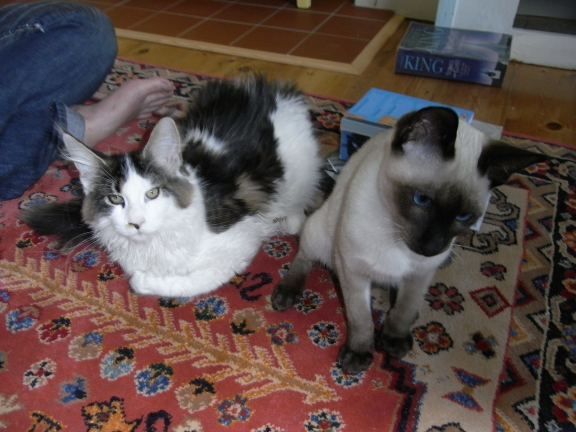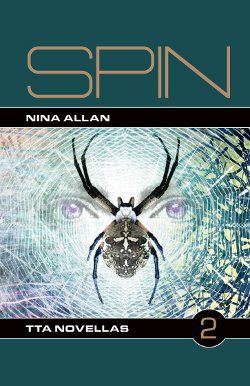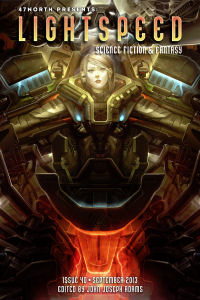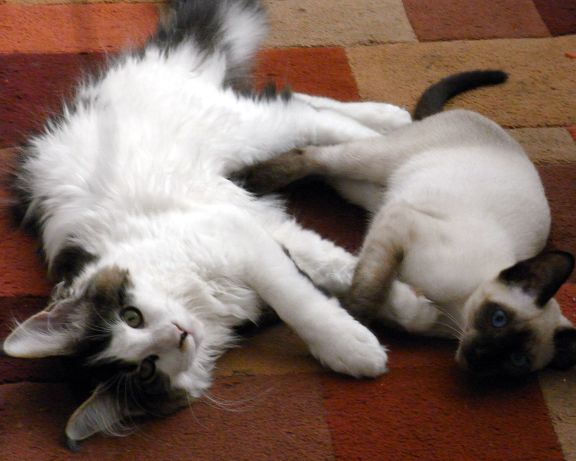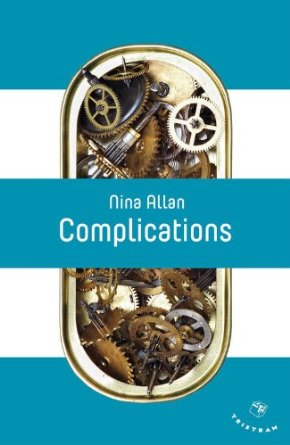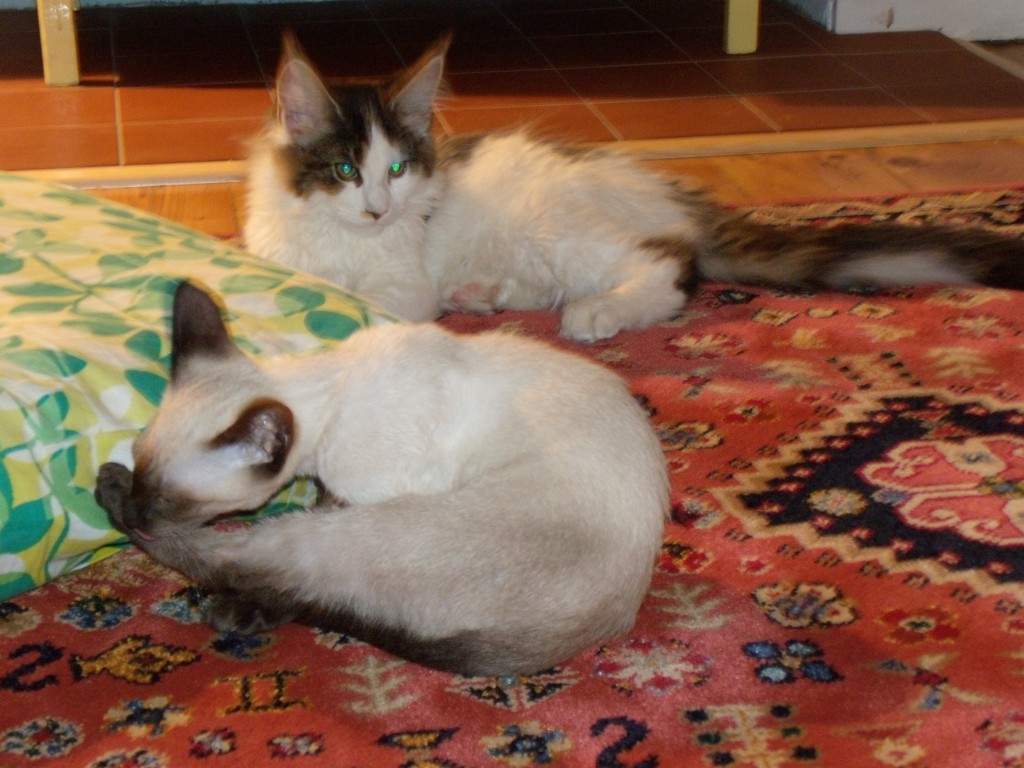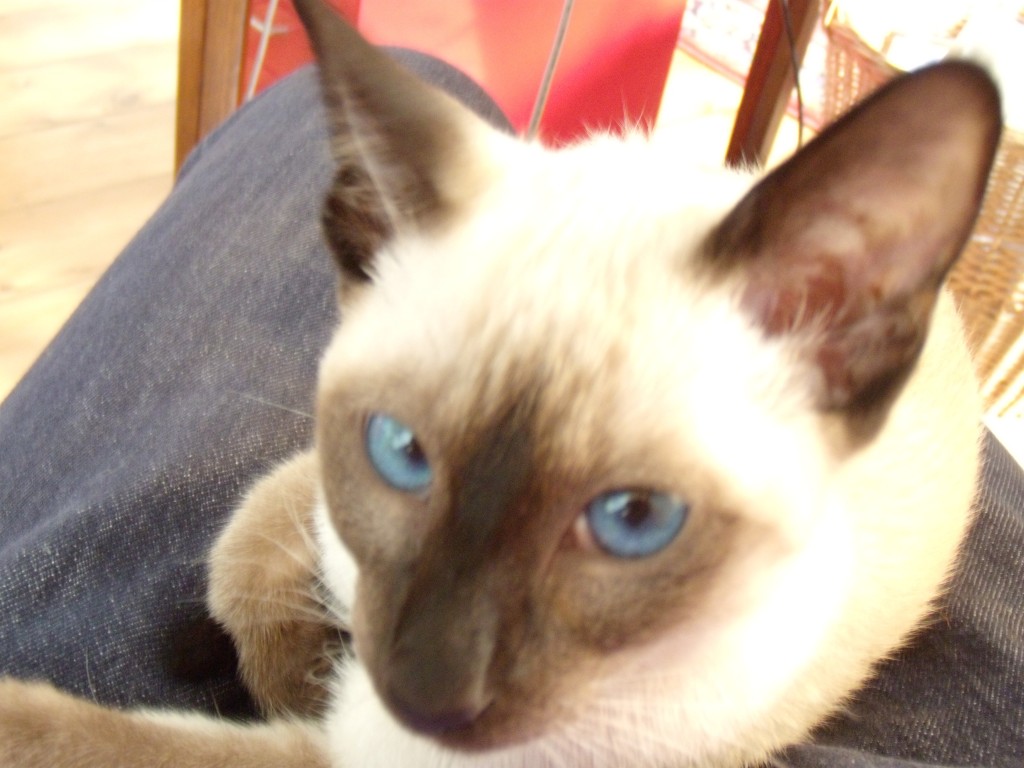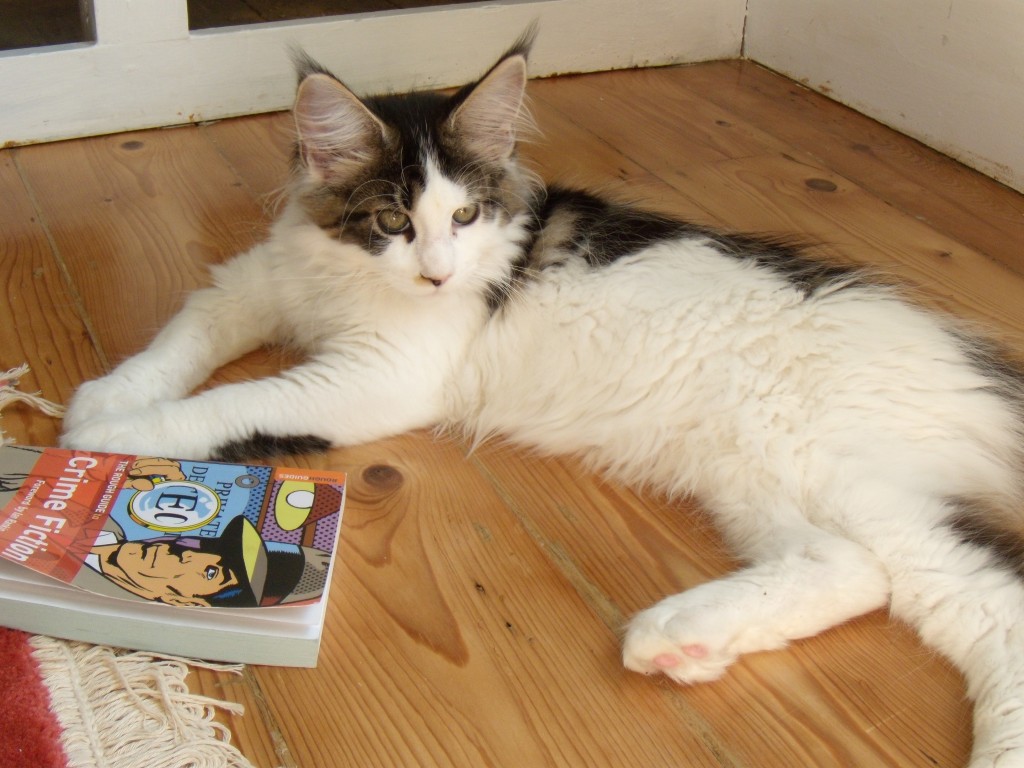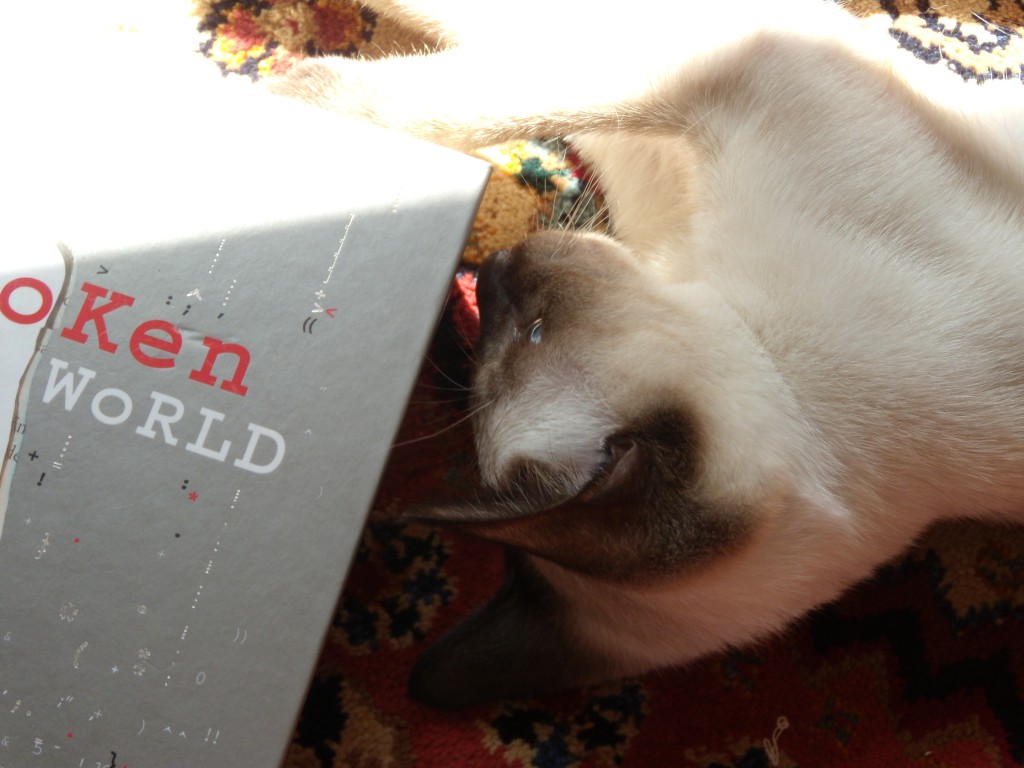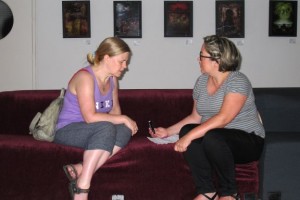I don’t often show my anger in public. I prefer the considered, properly argued response. It’s more Machiavellian. You burn less adrenalin that way. More importantly, you give yourself time to work out what you really think. Today though, I am angry. Seriously. And it really didn’t take me long to work out what I thought.
Earlier this afternoon, I came across this extract from a profile in The Times of the novelist (and winner of the Booker Prize) Eleanor Catton, which Rose Tremlett, the press officer at Little, Brown, had posted on Twitter:
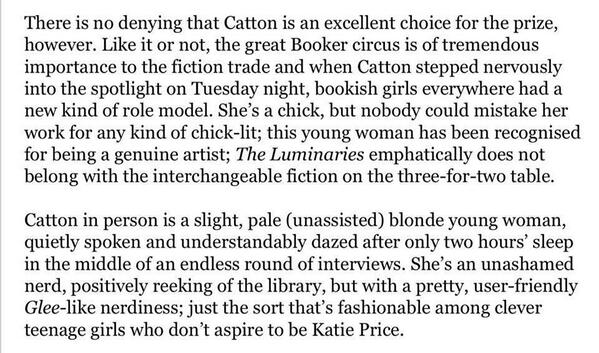
My first reaction was disbelief. I mean, how much more condescending, insulting and sexist could you get? If the piece had been in The Sun or the Daily Mail, I would still have been angry, but as this is precisely the kind of rhetoric we’ve come to expect from such venues, I would ultimately have shrugged my shoulders, muttered w**kers, and moved right along. But this was The Times, formerly a respected broadsheet. Not any more. This article offers proof that it’s now fully Murdochized. Shame on you, Times, shame on you.
I was busy writing a book review, but ended up breaking off from it as I felt there was no way I could let this abomination go. Not wanting to fall into the trap of reacting to something on the internet without fully ascertaining the facts, I popped straight round to our local newsagent and bought a copy of The Times so I could read the full article in situ. Perhaps Twitter had it all wrong, I thought (well, it wouldn’t be the first time). Perhaps the article was actually some lamentably misguided attempt to be ironic, or contentious. In the interests of fair-mindedness, I felt I ought at least to check.
Nope. It’s exactly as written. Worse, it’s written by a woman, Kate Saunders, an experienced journalist and, one would hope, both old enough and young enough to know better. In keeping with my resolution to try never to say anything online that I wouldn’t say in person to the person concerned, I wish I could tell Kate Saunders face to face that this piece is a despicable betrayal of Eleanor Catton, of women in general and women writers in particular. Kate Saunders, you should apologise publicly for your article, and retract it.
I’ve had several (amicable) conversations in the past year with male friends who seem somewhat bemused at the idea that there is ‘still’ an equality problem for women in the UK, with particular reference to the world of books, and the world of SFF. To those who doubt the continuing relevance of such issues, I would tell them to go away and read the above article. If you still think there isn’t a problem, read it again. It’s not just that one person wrote it – it’s that a national newspaper printed it, unironically, and that a large number of that paper’s regular readers will no doubt consume it unironically also.
I would urge anyone who takes The Times to boycott that newspaper forthwith, until the editorial staff issue an unreserved apology to Eleanor Catton.
Incidentally, it’s worth noting that Kate Saunders appears to be of the opinion that Eleanor Catton has to actually believe in astrology in order to use its intricate structures in her novel. Saunders also has this to say on the subject of SFF:
What next? Catton, with an admirable calm that might distress her publishers, says she’s not writing at the moment. Yet she is, of course, working. “I’m looking at two areas,” she says. “Systemised magic and time travel.” This is intriguing. These are not serious subjects outside fiction for children.
Expletive deleted.
I shall be writing about The Luminaries as soon as I can, as part of my crime blog. I’m currently just over half way through it, but other reading commitments have set me back a bit. But in the meantime, congratulations to Eleanor Catton, one of the most gifted young writers currently working, on her wonderful Booker win, and congratulations to the jury under Robert Macfarlane on making such a brave choice. Too bad for dear old Robert McCrum that they did after all ‘inflict this monster on the reading public.’ (What an arse.) Re-sult.

